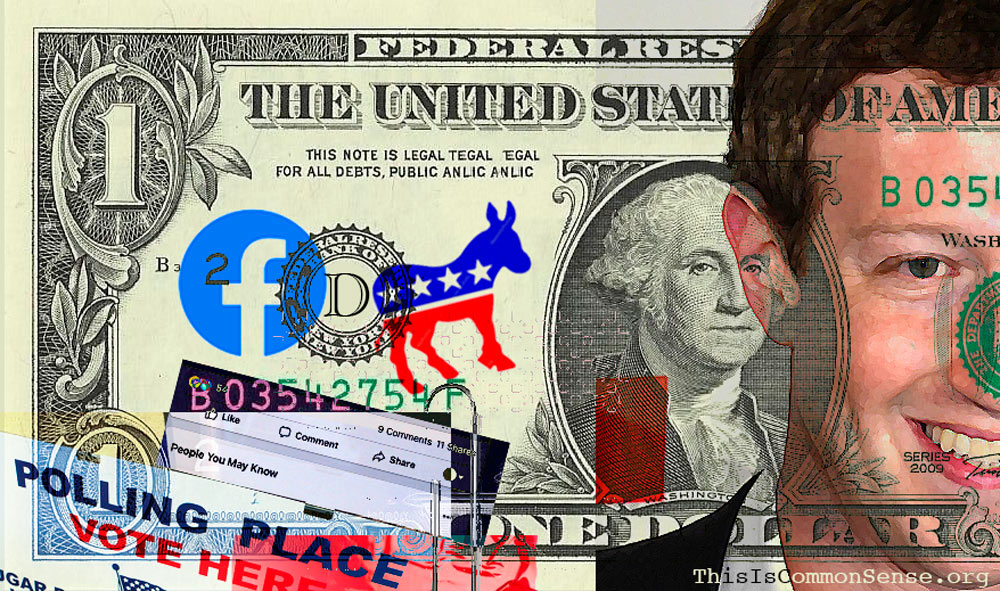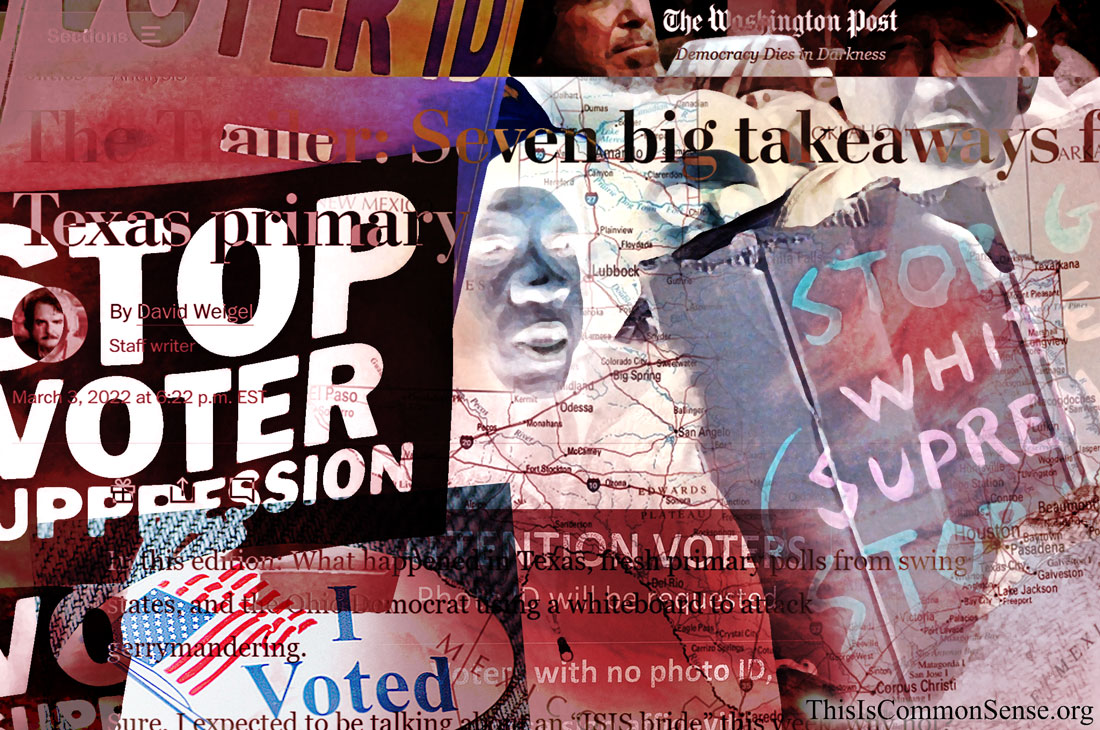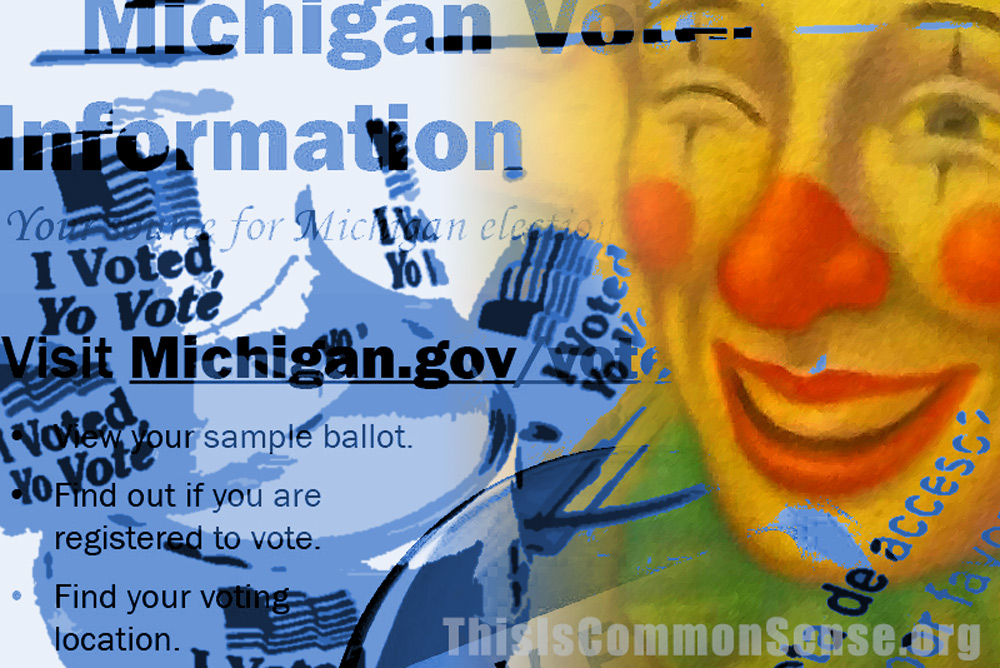Everyone seems to agree: newly-minted U.S. Rep. George Santos (R‑NY) — if that’s even his real name — is a cheat and a scammer who doesn’t belong in Congress.
Except, of course, Congress is exactly where you’d expect to find such a person!
Especially when voters don’t discover the truth about said candidate until it is too late.
“The constituents in NY‑3 elected Representative Santos in part due to his biographical exaggerations and apparent deceptions,” complains Congressman Brandon Williams (R‑NY).
Still, House Speaker Kevin McCarthy (R‑Calif.) isn’t comfortable pushing to oust the fraudster — which would require a two-thirds vote of the House of Representatives — without the Ethics Committee first finding sufficient official wrongdoing. Even given the fantastical pre-election fibbing, the Speaker points out that “the voters have elected George Santos” and “they have a voice in this process.”
Only that’s the problem. Voters don’t have a voice.
“There is no way for constituents to recall a member of Congress,” informs The Washington Examiner, “though they can be expelled in the House by a two-thirds vote. This action has only been taken five times in history, only against members convicted of crimes and only twice for crimes other than the treason of joining the Confederacy during the Civil War.”
Speaker McCarthy doesn’t speak for the voters in NY‑3. Neither can two-thirds (or even ninety-nine percent) of Congress.
But Congress can and should let voters speak for themselves.
And not just this once with Serial Liar Santos. Let voters conduct the official ouster whenever those citizens realize they’ve been had, whenever they determine that they have a turkey representing them.
Every member of Congress — Republican, Democrat or independent — should stop virtue-signaling with press statement pronouncements to the effect that Congressman Santos “should” resign.
Instead, legislate for the people; give us the power of recall.
This is Common Sense. I’m Paul Jacob.
Illustration created with PicFinder.ai
—
See all recent commentary
(simplified and organized)





